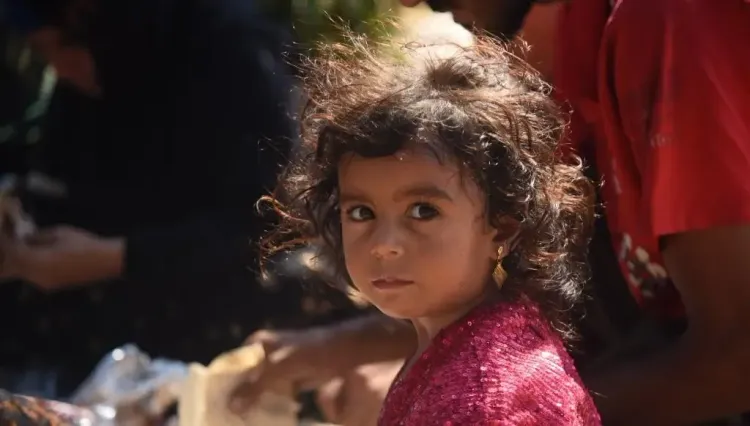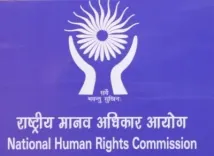UN Report Highlights Struggles of Lebanese Children with Hunger, Trauma, and Education Loss

Synopsis
Key Takeaways
- 72% of children showing anxiety and nervousness.
- 51% of children in Baalbek-Hermel experience severe food poverty.
- Financial barriers prevent 2/3 of out-of-school children from attending.
- School attendance remains critically low post-conflict.
- $658.2 million appeal for 2025 to assist 2.4 million people.
Beirut, Feb 28 (NationPress) The United Nations Children's Fund (UNICEF) published a report on Friday detailing the enduring adverse effects on Lebanese children stemming from the Israel-Lebanon conflict, even post-ceasefire. The organization is calling for immediate assistance to help these children restore their lives.
A recent survey by UNICEF indicated that 72 percent of caregivers noted their children experienced anxiety or nervousness during the conflict, while 62 percent reported feelings of depression or sadness, marking a significant increase from data collected prior to the war in 2023.
The report highlights that in the densely populated regions of Baalbek-Hermel and Bekaa, the repeated airstrikes significantly impacted children's nutrition and health.
In Baalbek-Hermel, 51 percent of children under two are facing severe food insecurity. In Bekaa, this figure reached 45 percent, a sharp rise from 28 percent in 2023, according to the report.
Additionally, the report emphasized the difficult educational conditions in Lebanon.
Despite the ceasefire, school attendance remains low, with over 25 percent of children still not enrolled as of last month's survey, a stark contrast to 65 percent during the conflict.
Moreover, financial constraints hinder many children's access to education. Two-thirds of families with out-of-school children cited the high costs of tuition, transport, and supplies as the main barriers, a statistic that has doubled since 2023.
The report also noted that numerous schools were either destroyed or severely damaged during the conflict, with hundreds more being utilized as shelters for the 1.3 million individuals internally displaced by the violence.
UNICEF has urged the international community to support Lebanon's youth by contributing to their 2025 appeal for $658.2 million, aimed at providing lifesaving assistance to 2.4 million individuals in the region, as reported by Xinhua news agency.
"Lebanon requires the necessary aid to rebuild essential infrastructure and services, ensuring that children have a future worth looking forward to," stated Akhil Iyer, UNICEF representative in Lebanon.
"We urge all involved parties to adhere to the ceasefire terms and collaborate with the international community to maintain peace and secure a brighter future for children. We also call on the new government to prioritize children's rights and needs in their reform and recovery plans," he added.








